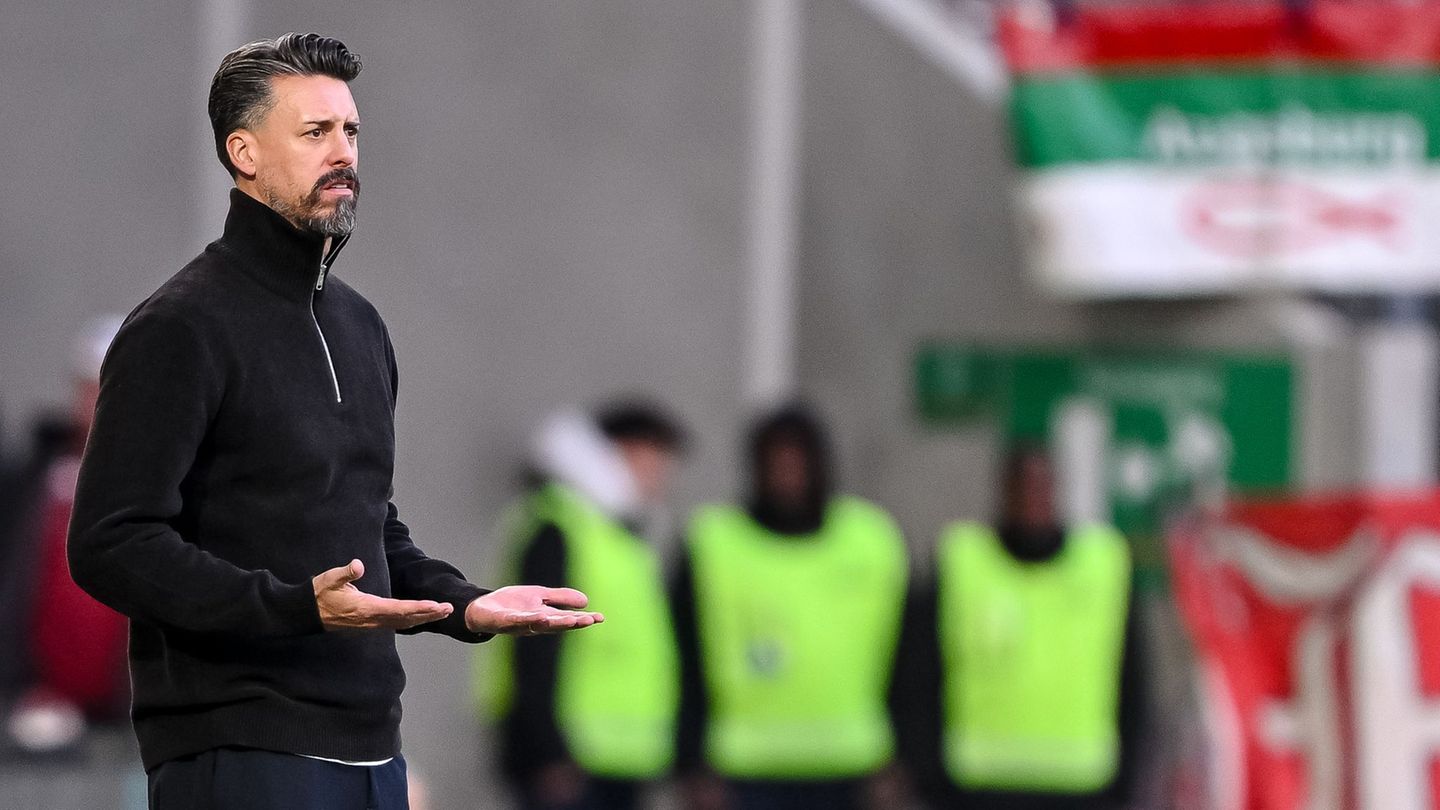I have been working in the news industry for over 6 years, first as a reporter and now as an editor. I have covered politics extensively, and my work has appeared in major newspapers and online news outlets around the world. In addition to my writing, I also contribute regularly to 24 Hours World.
Menu
War in Syria: Battle for Aleppo – Why the Syrian conflict is flaring up again
Categories
Most Read
Asean and APEC summit: Trump in Asia: peace agreement and meeting with Xi
October 26, 2025
No Comments
Donald Trump only wants to meet Putin once a deal is secure
October 26, 2025
No Comments
Trump mediates: Cambodia and Thailand make peace
October 26, 2025
No Comments
War in Ukraine: 3 dead and 29 injured reported in drone attack on Kiev
October 26, 2025
No Comments
Donald Trump: “Hostile act” – further tariffs against Canada
October 26, 2025
No Comments
Latest Posts

Bundesliga: “We can do it”: Wagner has no doubts after the 6-0 lesson
October 26, 2025
No Comments
PierceI am Pierce Boyd, a driven and ambitious professional working in the news industry. I have been writing for 24 Hours Worlds for over five

Training: Bahn is hiring around 5,200 trainees
October 26, 2025
No Comments
AngelicaI am an author and journalist who has written for 24 Hours World. I specialize in covering the economy and write about topics such as

Katy Perry and Justin Trudeau: holding hands in the theater in Paris
October 26, 2025
No Comments
Lisa HarrisI am an author and journalist who has worked in the entertainment industry for over a decade. I currently work as a news editor
24 Hours Worlds is a comprehensive source of instant world current affairs, offering up-to-the-minute coverage of breaking news and events from around the globe. With a team of experienced journalists and experts on hand 24/7.

